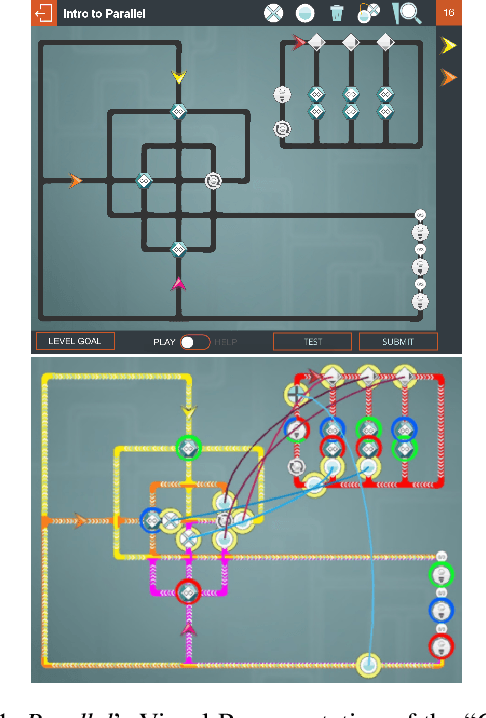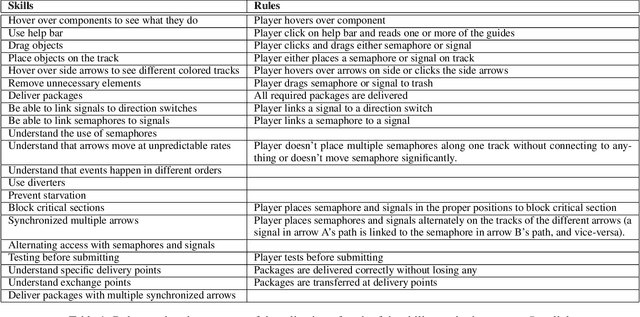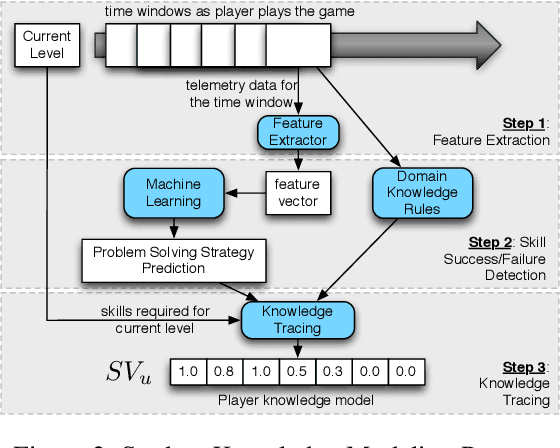Brian Smith
Is the Lecture Engaging for Learning? Lecture Voice Sentiment Analysis for Knowledge Graph-Supported Intelligent Lecturing Assistant (ILA) System
Aug 20, 2024Abstract:This paper introduces an intelligent lecturing assistant (ILA) system that utilizes a knowledge graph to represent course content and optimal pedagogical strategies. The system is designed to support instructors in enhancing student learning through real-time analysis of voice, content, and teaching methods. As an initial investigation, we present a case study on lecture voice sentiment analysis, in which we developed a training set comprising over 3,000 one-minute lecture voice clips. Each clip was manually labeled as either engaging or non-engaging. Utilizing this dataset, we constructed and evaluated several classification models based on a variety of features extracted from the voice clips. The results demonstrate promising performance, achieving an F1-score of 90% for boring lectures on an independent set of over 800 test voice clips. This case study lays the groundwork for the development of a more sophisticated model that will integrate content analysis and pedagogical practices. Our ultimate goal is to aid instructors in teaching more engagingly and effectively by leveraging modern artificial intelligence techniques.
Tracing Player Knowledge in a Parallel Programming Educational Game
Aug 15, 2019



Abstract:This paper focuses on "tracing player knowledge" in educational games. Specifically, given a set of concepts or skills required to master a game, the goal is to estimate the likelihood with which the current player has mastery of each of those concepts or skills. The main contribution of the paper is an approach that integrates machine learning and domain knowledge rules to find when the player applied a certain skill and either succeeded or failed. This is then given as input to a standard knowledge tracing module (such as those from Intelligent Tutoring Systems) to perform knowledge tracing. We evaluate our approach in the context of an educational game called "Parallel" to teach parallel and concurrent programming with data collected from real users, showing our approach can predict students skills with a low mean-squared error.
 Add to Chrome
Add to Chrome Add to Firefox
Add to Firefox Add to Edge
Add to Edge